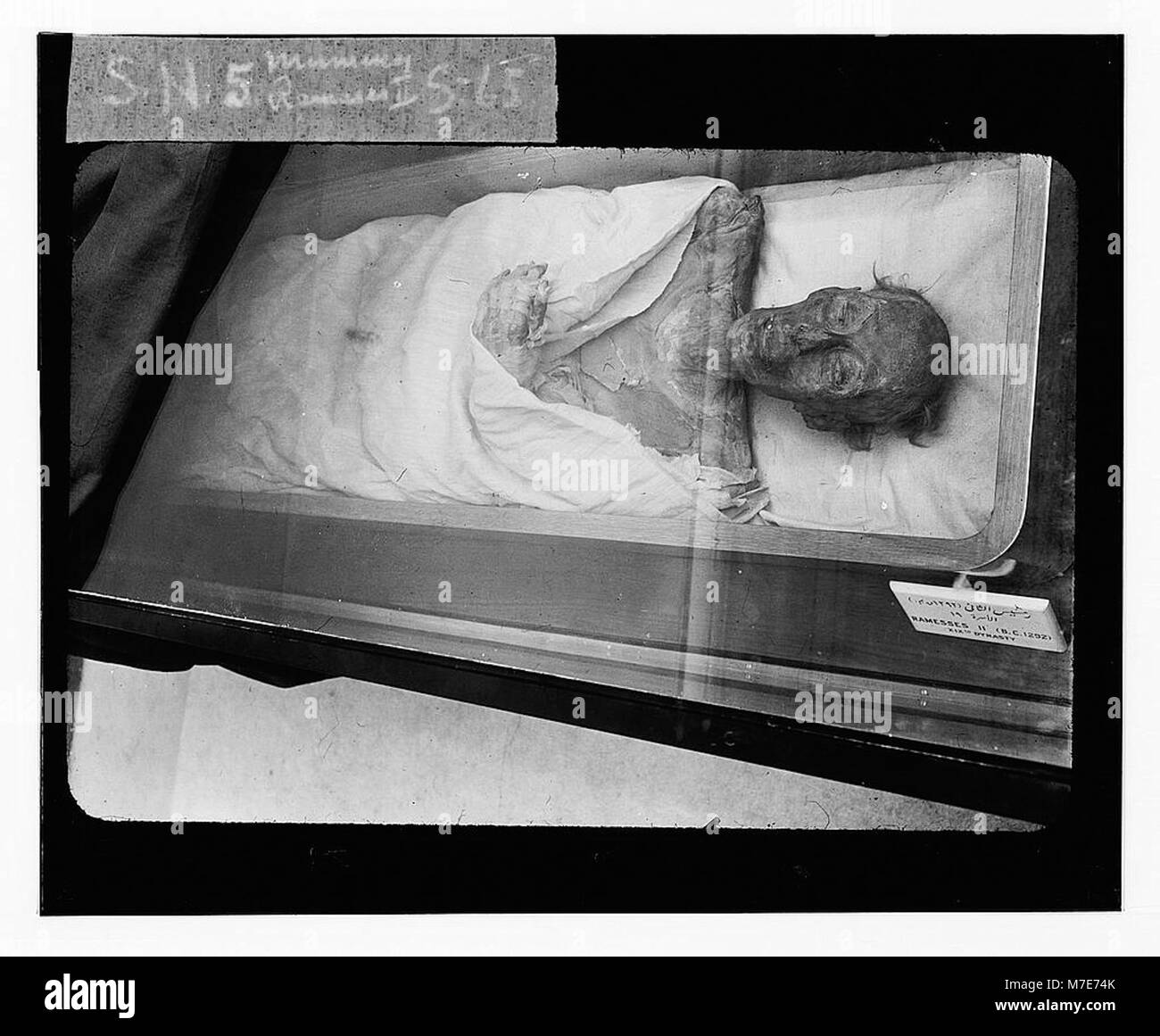When the mummy of ramses ii was sent to france in the mid 1970s it was issued a passport ramses occupation king deceased
When the mummy of Ramses II was sent to France in the mid-1970s, it was issued a passport. Ramses’ occupation? King (deceased).

In an extraordinary turn of events, the mummy of Ramses II, one of ancient Egypt’s most famous pharaohs, was granted a passport when it was transported to France in the mid-1970s. This fascinating fact reveals the lengths taken by the French government at that time to ensure the safe passage of this ancient relic.
Ramses II, also known as Ramses the Great, was the third pharaoh of the Nineteenth Dynasty of Egypt and ruled for an impressive 66 years. He reigned during the 13th century BC and left a lasting legacy with his numerous architectural and military achievements. But it wasn’t until centuries later, in the 1970s, that his mummified remains became the focal point of an intriguing diplomatic incident.

So, why was a passport required for a deceased pharaoh? The answer lies in the meticulous planning and care taken to transport the mummy from Egypt to France for scientific examination. This journey was made possible through the collaboration between the Egyptian and French authorities, as well as the teams of Egyptologists and archaeologists involved in the preservation and study of Ramses II.
Passports are typically issued to living individuals for identification and travel purposes, but in this exceptional case, the passport symbolized the recognition of Ramses II’s importance and the exceptional circumstances surrounding the transportation of his mummy. The passport stated Ramses II’s occupation as “King (deceased),” further emphasizing his significant historical role.
The issuance of a passport for a mummy was not a routine occurrence, and it captured the attention of the world. This fact continues to amaze people, showcasing the lengths to which institutions and governments go to preserve and study our shared history.
Despite his demise over three millennia ago, Ramses II’s mummy continues to unveil secrets about ancient Egyptian civilization. The transport of his remains to France allowed scientists and researchers to conduct detailed examinations using modern techniques, shedding new light on the life, health, and death of this iconic ruler.
This historic event serves as a reminder of our fascination with Egypt’s ancient past and the incredible efforts made to understand and preserve it. As we continue to unravel the mysteries of Ramses II’s reign, this passport issuance remains a captivating testament to the significance of his legacy and the enduring curiosity it generates.
Tags
Related Posts
Quick Links
Legal Stuff